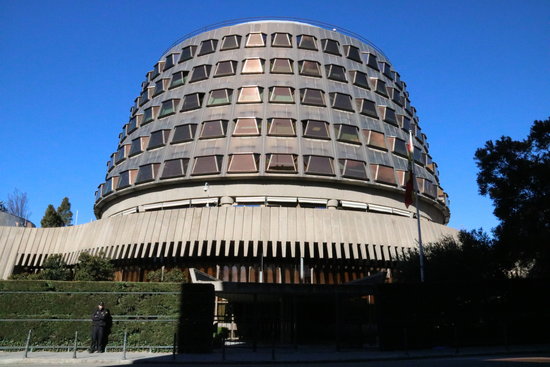05.10.2021 - 14:40
|
Actualització: 05.10.2021 - 16:40
This is not set to have any immediate impact on the extradition procedures Puigdemont, Comín and Ponsatí are facing in Italy and Belgium, which are now suspended pending EU court decisions on their immunity as MEPs and on the Luxembourg court’s response to the questions raised by Spain’s Supreme Court over the European arrest warrant system in March.
After Puigdemont had his immunity as a Member of the European Parliament (MEP) lifted in March 2021, his legal team appealed against the decision made by a majority of the parliament members before the EU court, which still have to deliberate. In June, he recovered his parliamentary privileges, before then losing them again in July in a provisional decision that made Puigdemont’s defence team believe that arrest warrants against the former Catalan president were suspended.
Immunity recovery
Yet, when judges made that decision, they suggested that privileges could be provisionally granted again if Puigdemont faced the risk of arrest. Thus, following his detention in Sardinia on September 23, the politician’s lawyers requested the EU Court to recover his immunity on October 1, pending a final decision on the issue. The extradition processes are also awaiting word from the EU court regarding the questions posed to it from Spanish Supreme Court judge Pablo Llarena.
In March, after Puigdemont’s immunity as an MEP was first lifted, Spain’s Supreme Court submitted a request to the European Court of Justice for a preliminary ruling on the case of Lluís Puig, another exiled independence leader. Belgium refused to hand him over on the grounds that the Supreme Court did not have the authority to try him since he no longer had a post in government. They also raised concerns that Puig’s presumption of innocence might be at risk in Spain, following a report by the UN’s Working Group on Arbitrary Detention about the politicians who are now serving a prison sentence rather than being in exile. Judge Pablo Llarena asked the European Court of Justice whether these arguments could be used against a European arrest warrant.


